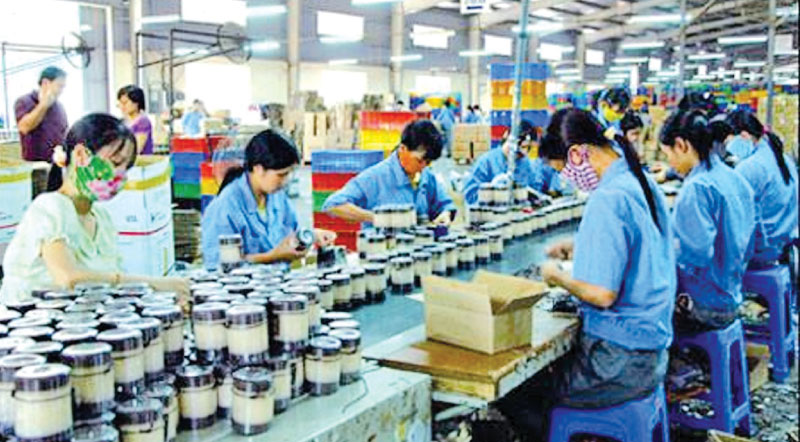Deal-makers are licking their lips at the prospect of more big mergers and acquisition (M&A) activity in the region next year, but the candidate they are pinning most of their hopes on is a relative economic tiddler - Vietnam.
That is in part because values in the more obvious candidates have shot up after what has been a prosperous 2017, so eyes are now turning to the lesser known economies.
Ms Srividya Gopalakrishnan, managing director of Duff & Phelps, is seeing more activity in Vietnam and Myanmar, with Vietnam being "very promising" as it starts to attract the attention of more foreign investors.
David Biller, Citi's Asean corporate and investment banking head, is also upbeat about the country, particularly in the light of Thai Beverage's deal last month.
Mainboard-listed Thai Bev had made a winning bid of 109.97 trillion Vietnamese dong (S$6.5 billion) for a 53.6 per cent stake in Sabeco, the largest state-owned brewer in Vietnam. The move could spark a series of deals involving the privatisation of state-owned enterprises in the next year.
"(If) the privatisation goes well, then I think you have a long list of follow-on privatisations and, of course, all of those should be big and relevant enough to require foreign investments and, therefore, Vietnam does become a target rich environment," said Mr Biller.
He added that there could be eight to 10 sizeable privatisations waiting in the pipeline for Vietnam.
In November, mainboard-listed Jardine Cycle & Carriage said it had invested US$617 million (S$825 million) for a 5.53 per cent stake in Vinamilk, known to be Vietnam's largest listed company by market capitalisation, with a value of about US$10.9 billion.
The Vinamilk deal is part of its strategy in investing in market-leading South-east Asian firms, Jardine C&C told the Singapore Exchange.
Baker McKenzie's Global Transactions Forecast 2018 report noted that deal-making in Vietnam has suffered from "a number of knocks to confidence in its economy", including weaker oil prices and the new United States administration's rejection of the Trans-Pacific Partnership.
"But domestic drivers are solid, and the programme of economic liberalisation, privatisation of state enterprises and new investment in the energy sector should support a recovery in M&A activity," it said.
The report forecasts a total of 331 domestic and cross-border transactions in Vietnam this year and 338 the year after.
Rob Subbaraman, head of emerging markets economics at Nomura, notes that inbound deals for Asean and India, which he calls the "new foreign direct investment magnet", are averaging about US$100 billion a year, but could hit US$240 billion by 2025.
"A lot of that M&A activity is going to come from within Asia. Companies in Japan or even China (are) starting to do more in Asean. I think the North-east Asia flow of M&A to the South will be a big thing. We're particularly positive on Indonesia, Vietnam and the Philippines," he said.
The positive outlook is not limited to Vietnam. Citi's Mr Biller notes that Malaysia could emerge as an underdog: "In terms of M&A and capital market activity, I expect it could be the dark horse from the region in 2018 which people have forgotten about because of 1MDB."
Gopalakrishnan of Duff & Phelps says this is due to the restriction in organic growth in Singapore and other emerging markets as well.
She notes that more Asian businesses are acquiring Western ones, compared with the past when Western firms swooped up Asian enterprises.
"The confidence level of Asian companies has definitely increased, compared to what it was a decade back. (Asian companies think) the world is our market, we go and acquire," she adds.
Ms Gopalakrishnan attributed this confidence to the shortening of business cycles in the last few years, like the global financial crisis, when cash-rich Asian companies saw assets in the US and Europe available at "fairly good prices", and snapped them up because companies, including those in Singapore, China and India, see the US as a key market.



Add new comment